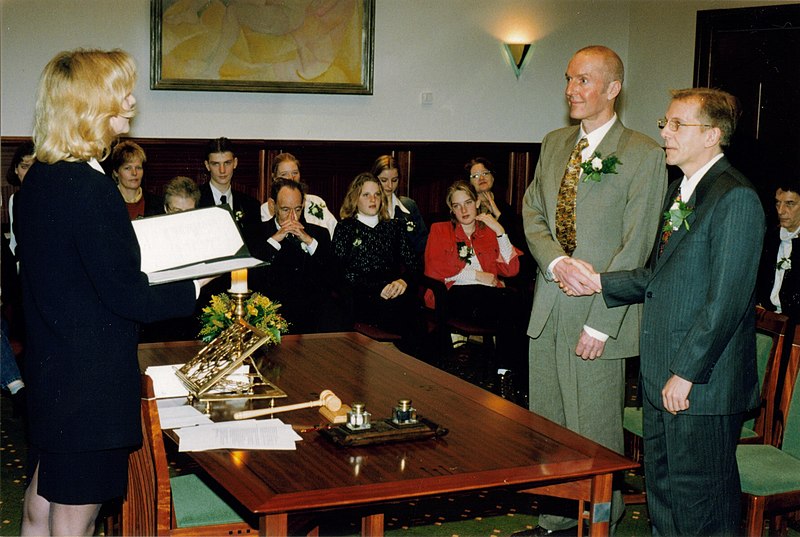April 1, 2001, will forever be remembered in the fight for equal rights. This date marks an essential landmark in the continuous movement toward equal rights. On this date, the Netherlands made history by legalizing same-sex marriage, a significant step toward equality and social justice. Through this date, we learn that change remains attainable and love triumphs over discrimination when people push for progress.
As a land known for its progressive social approach and policies, the Netherlands faced substantial hurdles in reaching its goal of legal same-sex marriage recognition. The LGBTQ+ activists, with their unwavering dedication, worked tirelessly for equal rights from the 1990s until the country finally granted full marriage equality, thus establishing true legal equality. The Dutch people generally welcomed this transformation of their legal system despite facing minor resistance. Statistical surveys demonstrated widespread backing for the legislation, while many political organizations came together to make the bill successful. Through this legislative achievement, the nation affirmed that all forms of love should obtain equal respect.
When the new law took effect on April 1, 2001, it provided same-sex couples with complete marriage abilities and adoption rights, which extended beyond the previous registered partnership legislation. Amsterdam’s mayor, Job Cohen, a key figure in this movement, conducted the inaugural formal same-sex marriages at the city hall at the start of that morning. The first four couples whose marriages occurred that morning were icons of love and endurance because three were male couples, and one was female.
The Dutch decision sparked a global movement. In the years following 2001, country after country followed the Netherlands’ lead, legalizing same-sex marriage and expanding LGBTQ+ rights. Early adopters included Belgium, Spain, Canada, and South Africa. By the 2020s, over 30 nations had adopted marriage equality. The Netherlands’ decision not only changed the way LGBTQ+ issues were discussed worldwide but also demonstrated that full legal equality was not only possible but inevitable in open, democratic societies.

